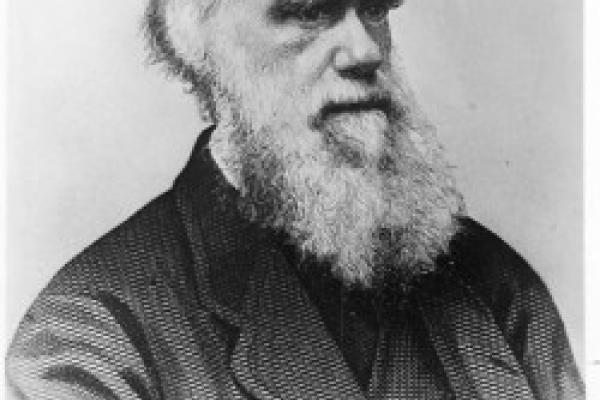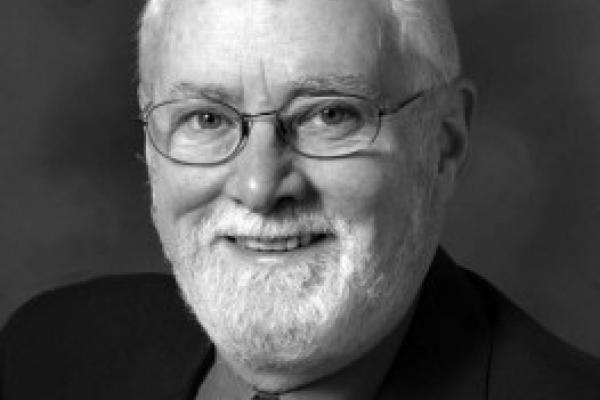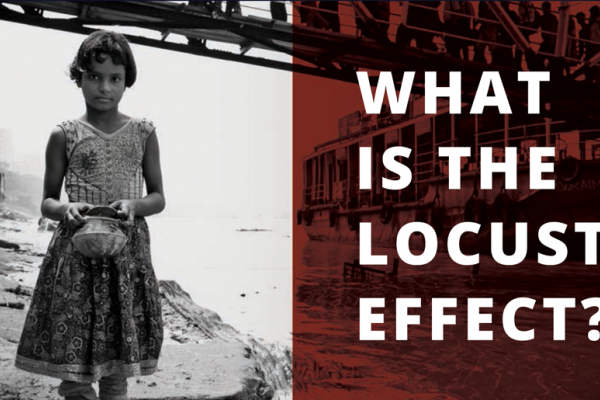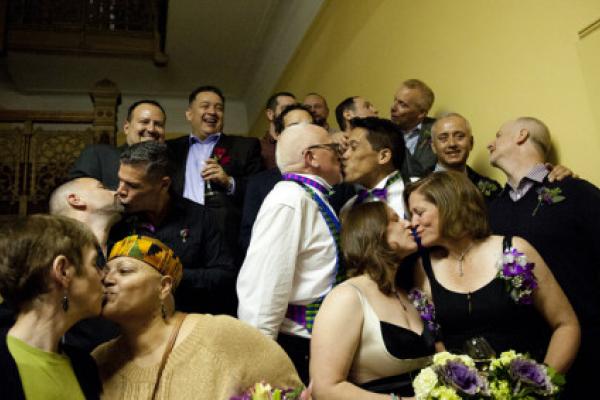Happy Darwin Day! A time to play pin the tail on the sparrow, partake of “phylum feasts” (potluck dinners where the ingredients come from many different species), and generally give a thumbs-up to evolution’s godfather, Charles Darwin, on his 205th birthday, Wednesday.
A growing number of Americans of varied religious backgrounds are marking the 1809 birthday of the British naturalist whose masterpiece “On The Origin of Species” has never been out of print since its publication in 1859.
The trial of a retired United Methodist pastor and former Yale Divinity School dean accused of breaking church law by performing a gay wedding has been delayed indefinitely.
Bishop Clifton Ives, a retired Maine bishop overseeing the trial, and pastors representing the church and the Rev. Thomas Ogletree, all agreed to pursue a “just resolution” before resorting to a trial, said the Rev. William S. Shillady, secretary of the trial court.
Ogletree, 80, faced a church trial March 10 and 11 in Stamford, Ct., for officiating at the 2012 wedding of his son to another man. The church defines marriage as between a man and a woman, and bans clergy from performing and churches from hosting same-sex ceremonies.
A couple years ago, a survey found that one in five Americans don’t identify with any religion. For Americans under 30, the number was far higher – more like one third. This report is being cited constantly throughout the religious-nonprofit world. In many quarters, there seems to be a deep sense of shock at the decline in religious membership.
Me? I’m not surprised at all. What does surprise me is our failure to see that affiliation with a traditional, God-centered religion is no longer the primary way that many Americans express their deeply rooted need for faith. We humans are relentlessly religious animals, and post-modern America is no exception. We’re just embracing a different kind of faith.
There’s a lot anyone can learn from Jehane Noujaim’s Oscar-nominated documentary The Square, an examination of the 18-day uprising that toppled President Hosni Mubarak.
But Egyptians may be least able to benefit from its lessons. So far, the film has not been approved for screening here.
On the third anniversary of Mubarak’s ouster, which falls on Tuesday, Egypt is more polarized than ever, largely between those who are sympathetic to the Muslim Brotherhood and those who support the military. The film is a reminder of what Egyptians share, regardless of religious or political beliefs.
Caleb is a father in Africa. He works hard as a night watchman, and he and his wife save from their small income with the dream of sending their daughter to college. But the family’s dreams are destroyed when the police arrest Caleb on a random sweep for a robbery he had nothing to do with. This is not to say that the evidence against him was flimsy; there is no evidence against him whatsoever. The police needed to show an arrest had been made, and Caleb was an easy target … because he was poor.
Once in police custody, Caleb is viciously beaten. He is shaken down for bribes. And then, he is thrown in jail and charged with a capital offense. He is given no indication of when he might have a chance to prove his innocence – and even if he were, Caleb can’t afford a lawyer to help him. His family struggles to hang on without him.
What is perhaps most stunning about Caleb’s story is not the brutality (though it certainly is brutal), the singular unfairness of it all (though it is dramatically and utterly unjust), the hopelessness (though the story is obviously devastating). No, what is most stunning is just how ordinary Caleb’s story is.
In a major victory for same-sex marriage rights, the Justice Department will soon grant married gay and lesbian couples the same rights in legal matters as other married couples.
The new policy announced by Attorney General Eric Holder on Saturday, in New York, marks the latest step by the Obama administration to extend rights to same-sex couples that are afforded to married, heterosexual couples.
“In every courthouse, in every proceeding and in every place where a member of the Department of Justice stands on behalf of the United States, they will strive to ensure that same-sex marriages receive the same privileges, protections, and rights as opposite-sex marriages under federal law,” Holder said in prepared remarks to the Human Rights Campaign, an advocacy group that works on behalf of lesbian, gay, bisexual, and transgender equal rights.
Tomorrow is Sunday. You know, the day when most Christians who bother to go to church with any regularity will get up on a perfectly good non-working morning and give their time to an institution that may or may not do them any favors. Catholics may have already gone to Mass on Friday or Saturday. The same with some people at Willow Creek.
The great thing about belonging to a Catholic Parish or a Mega-church is not having to go to church on Sunday. Okay, maybe there are other great things, but I think it's pretty swell.






